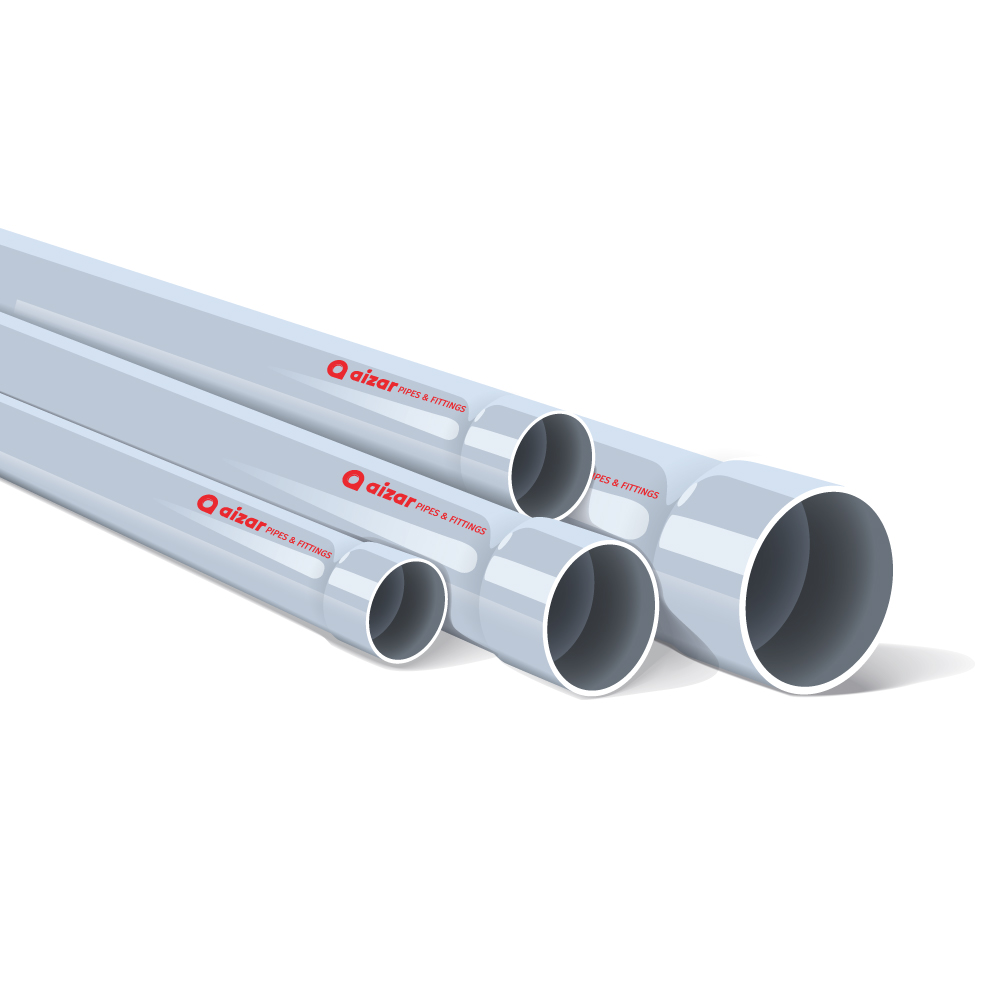 PVC pipes, also known as polyvinyl chloride pipes, have revolutionized the construction and plumbing industry with their exceptional qualities and benefits. These versatile pipes are widely recognized for their durability, ease of installation, cost-effectiveness, and resistance to corrosion. As a result, PVC pipes have become the preferred choice of builders, contractors, and plumbers all over the world. In this blog post, we will explore the advantages of using PVC pipes in construction and plumbing, shedding light on why these pipes have gained such popularity and acclaim.
PVC pipes, also known as polyvinyl chloride pipes, have revolutionized the construction and plumbing industry with their exceptional qualities and benefits. These versatile pipes are widely recognized for their durability, ease of installation, cost-effectiveness, and resistance to corrosion. As a result, PVC pipes have become the preferred choice of builders, contractors, and plumbers all over the world. In this blog post, we will explore the advantages of using PVC pipes in construction and plumbing, shedding light on why these pipes have gained such popularity and acclaim.
One of the most significant advantages of PVC pipes is their remarkable durability. Unlike traditional metal pipes that are susceptible to rust and corrosion over time, PVC pipes have a longer lifespan and require minimal maintenance. The unique composition of PVC makes it resistant to chemicals, moisture, and various forms of wear and tear. This durability ensures that PVC pipes can withstand harsh weather conditions and environmental factors, making them highly reliable for construction and plumbing purposes.
PVC pipes are remarkably lightweight and easy to install, making them a preferred choice among builders and plumbers. Unlike heavy metal pipes, PVC pipes can be easily maneuvered and transported, reducing installation time and effort. Furthermore, these pipes come with pre-installed joining systems like solvent cement jointing, making the installation process even more convenient. This ease of installation not only saves time but also lowers labor costs, making PVC pipes highly cost-effective.
Speaking of cost-effectiveness, PVC pipes are undeniably more affordable than their metal counterparts. The lower manufacturing cost of PVC pipes translates into lower prices in the market, making them a budget-friendly option for construction and plumbing projects. Additionally, the durability of PVC pipes ensures that they have a longer lifespan, requiring fewer replacements or repairs over time. This feature, coupled with their low maintenance requirements, results in significant cost savings for builders and homeowners alike.
Corrosion can be a significant concern when it comes to metal pipes in plumbing and construction. PVC pipes, however, are non-metallic and immune to corrosion, making them an ideal choice for both indoor and outdoor applications. This resistance to corrosion prevents the build-up of sediment, ensuring the smooth flow of water and reducing the risk of clogs or leaks in the plumbing system.
PVC pipes offer exceptional versatility, making them adaptable to a wide range of construction and plumbing applications. These pipes are available in various sizes, lengths, and thicknesses, allowing builders and plumbers to select the most suitable type for their specific needs. Whether it is for water supply lines, drainage systems, or even electrical conduits, PVC pipes can meet the requirements of diverse projects, making them an incredibly versatile choice.
PVC pipes have become an integral part of the construction and plumbing industry due to their many advantages. From their outstanding durability and ease of installation to their cost-effectiveness and resistance to corrosion, there are multiple reasons to opt for PVC pipes in any construction or plumbing project. As the demand for sustainable and cost-efficient materials increases, PVC pipes continue to make their mark, demonstrating their reliability and excellence in meeting industry needs.